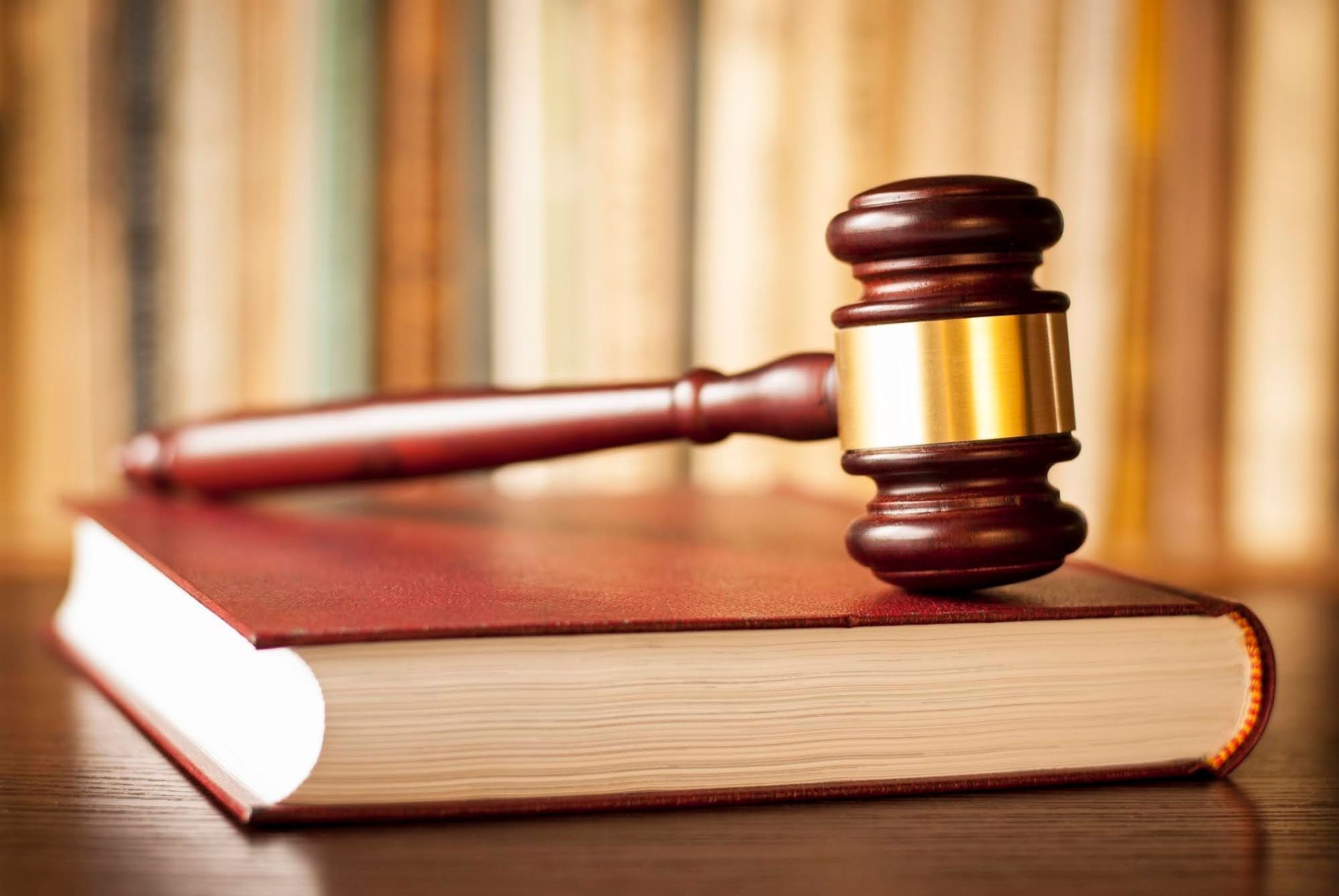3 Critical Moments in Every Personal Injury Case
Every personal injury case has unique circumstances and complications, but most follow a similar timeline. As with any other process that can take months or years to resolve, certain critical points along this path can substantially affect the outcome. Unfortunately, many people may not recognize the importance of these moments, ultimately limiting their settlement.
While you don’t need to know every detail of how a typical personal injury case proceeds, understanding the broader picture can be useful so you can take the correct actions at these crucial junctures. This article will help you recognize three of these moments so that you can take the correct actions should you find yourself injured due to someone else's negligence.
1. Immediate Aftermath
When does a personal injury case begin? You might think the answer is when you file a claim or when you speak with an attorney. In reality, your case begins in the moments immediately after you suffer an injury. Whether you experience a slip and fall accident in a store or an automobile collision, the immediate aftermath is critical.
Always begin by attending to your own personal health and wellbeing. Don't refuse medical treatment at the scene if you believe you may be suffering from an injury. Not only is this crucial to help doctors diagnose and treat any injuries, but this may also help you later in your case. Prompt medical treatment is often a critical factor in avoiding claim denials.
If you're well enough to do so, you'll also want to begin gathering information while at the scene. Note any witnesses and consider recording anything said by the other party. You will also want to contact the police, even for an accident that may seem relatively minor. Generally, the sooner you receive a police report for your accident, the better off your claim will be.
2. Initial Treatment
Depending on the severity of your injuries, your initial treatment may follow soon after the accident. However, if you refuse treatment or if your injuries aren't severe enough to warrant immediate attention, you will still want to seek medical help as soon as possible. Never assume that pain or discomfort following an accident will go away on its own.
Insurance companies may attempt to deny injury claims based on when you seek treatment for your injuries. Some insurance companies can use it against you if you wait too long or don't pursue treatment vigorously enough. Your first few visits after an accident will often dictate the overall course of your treatment, so they're a critical part of your case.
Just as you shouldn't refuse initial treatment, you should also be sure to attend all follow-ups and tests your doctor requests. These visits will help establish evidence of your injuries' severity and will be critical as your case progresses. Once you've reached maximum medical improvement, your attorney will use these records to help justify your settlement demands.
3. First Settlement Offer
Once you file a claim with the at-fault party's insurance, you can expect a first settlement offer to come relatively quickly. This settlement offer may come while you're still undergoing treatment for your injuries, and it will often be much too low to cover your damages. The settlement will typically come with a signed release form waiving your right to future lawsuits and compensation.
For severe injuries, you should generally consult with a lawyer before you receive this settlement. Accepting an insurance company's initial settlement offer will often mean giving up a substantial amount of the compensation you deserve. A skilled personal injury attorney will help you evaluate the offer and craft an appropriate rejection, if necessary.
Every personal injury case has many moments that can make or break your ability to receive fair compensation for your injuries. Going it alone can mean easily stumbling into these pitfalls along the way. The Law Office of Paul R. Bennett has the experience and knowledge to help you navigate your case and receive a fair settlement. Contact us today for a consultation on your personal injury case.











